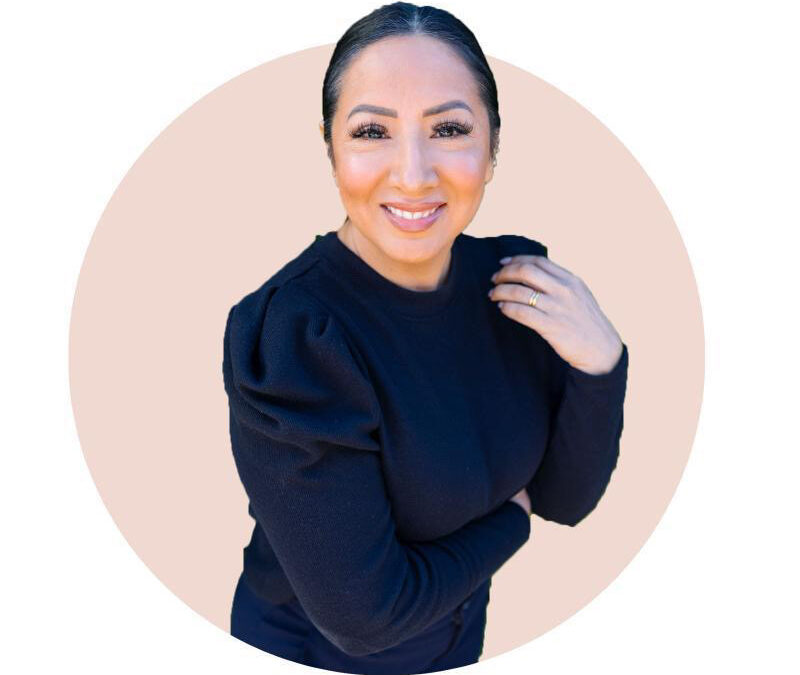Menopause isn’t just about hot flashes and missed periods. It’s a complex transition that can affect nearly every system in your body—often in ways that surprise you. Understanding the full spectrum of symptoms, including those that mimic other health issues, is key to advocating for yourself and finding relief. Let’s break down what to watch for, how to spot “look-alike” symptoms, and actionable steps to take control of your health.
Why Tracking Symptoms Matters
Menopause symptoms can overlap with conditions like thyroid disorders, autoimmune diseases, or even heart issues. By recognizing patterns and documenting changes, you empower yourself (and your doctor) to pinpoint the root cause—whether it’s hormonal shifts or something else.
The Menopause Symptom Checklist
Here’s what to watch for, organized by category:
Physical Symptoms
-
Hot flashes & night sweats: Sudden heat, flushing, or drenching sweats (day or night).
-
Sleep disturbances: Insomnia, restless sleep, or fatigue despite adequate rest.
-
Joint & muscle pain: Unexplained aches, stiffness, or reduced mobility.
-
Weight changes: Stubborn belly fat, bloating, or shifts in metabolism.
-
Vaginal & urinary issues: Dryness, recurrent UTIs, pain during sex, or incontinence.
-
Skin & hair changes: Dryness, thinning hair, or adult acne.
-
Heart palpitations: Racing or irregular heartbeats, often mistaken for anxiety.
-
Headaches & migraines: New or worsening frequency.
Mental & Emotional Symptoms
-
Brain fog: Forgetfulness, trouble concentrating, or feeling “out of it.”
-
Mood swings: Irritability, anxiety, or sudden tearfulness.
-
Loss of libido: Reduced interest in sex or difficulty with arousal.
-
Depression: Persistent low mood or loss of joy in activities you once loved.
“Look-Alike” Symptoms
Some symptoms mirror other conditions. Pay extra attention if you experience:
-
Fatigue or weight gain: Could signal thyroid issues (get TSH, T3/T4 tested).
-
Chest pain or shortness of breath: Rule out heart disease, especially if you have risk factors.
-
Joint pain & fatigue: May indicate autoimmune disorders like lupus or rheumatoid arthritis.
-
Burning mouth or tingling skin: Rare but linked to hormonal shifts (often overlooked).
-
Persistent digestive issues: Bloating, constipation, or reflux can worsen with hormonal changes.
What to Do Next
-
Track symptoms: Use a journal or app to note timing, severity, and triggers.
-
Rule out other conditions: Ask your doctor for tests (thyroid panel, inflammatory markers, vitamin D, etc.).
-
Advocate for yourself: If a symptom feels “off,” push for deeper investigation.
Supplements That Helped Me
(Note: This is not medical advice. Always consult your physician before starting supplements.)
-
Magnesium Glycinate (BiOptimizers): Eased muscle tension and improved sleep.
-
Fiber (Dr. Mary Claire Haver’s recommendations): Supported gut health and blood sugar balance.
-
Sleep Support (Organifi/Cymbiotika/BiOptimizers): Promoted deeper rest without grogginess.
-
Cortisol Manager (Fullscript): Helped stabilize stress responses.
- Brain Reset (Fullscript): Helped with brain fog.
-
Creatine & Aminos (Kion): Preserved muscle mass during weight training.
-
GlucoBitters (Organic Olivia): Balanced cravings and digestion.
These worked for me, but your needs may differ! Lab testing (hormones, nutrients, etc.) can guide personalized choices.
When to Seek Help
-
Symptoms disrupt daily life (work, relationships, sleep).
-
You notice sudden or severe changes (e.g., heavy bleeding, chest pain).
-
Over-the-counter remedies or lifestyle changes aren’t enough.
Key Takeaways
-
Menopause symptoms are vast and varied—don’t dismiss “weird” changes.
-
Overlapping symptoms with other conditions are common. Testing is key.
-
Knowledge is power. Refer to my previous BLOG for managing appointments and finding resources.
Resources to Explore
-
Dr. Mary Claire Haver’s “The New Menopause”: For symptom management and diet tips.
-
Chalene Johnson’s “Phase It”: Hormone-friendly fitness and nutrition plans.
-
Dr. Lisa Mosconi’s “The Menopause Brain”: Brain-specific strategies.
Remember: You don’t have to suffer silently. Menopause is a transition, not a life sentence. By understanding your symptoms and partnering with your care team, you can thrive in this new chapter.
Next week, I’ll share the exact tools and resources that helped me navigate this journey with clarity and confidence. Stay tuned!
Disclaimer: This content is for educational purposes only. Always consult your healthcare provider before making changes to your health regimen.
Xo,
Clarita, Founder of Claridad

